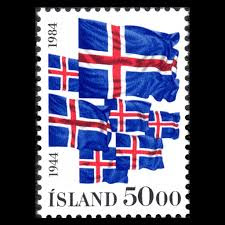Major Shaitan Singh Bhati was an Indian Army officer who was posthumously awarded the Param Vir Chakra, India's highest military decoration for valor, for his actions during the Sino-Indian War of 1962. Major Shaitan Singh was born on 01 December 1924 in Jodhpur, Rajasthan, India.
During the war, Major Shaitan Singh was in command of a company of the 13th Kumaon Regiment. His company was assigned the task of defending the strategic Rezang La pass in Ladakh. Despite being heavily outnumbered, Major Shaitan Singh and his men fought valiantly against the Chinese forces. He displayed exemplary leadership and courage, inspiring his troops to resist the enemy advance.
Major Shaitan Singh Bhati fought to the last, refusing to leave his position even when wounded. He succumbed to his injuries on November 18, 1962. His bravery and sacrifice in the face of overwhelming odds are remembered with deep respect, and he was posthumously awarded the Param Vir Chakra for his extraordinary courage and leadership during the battle.







